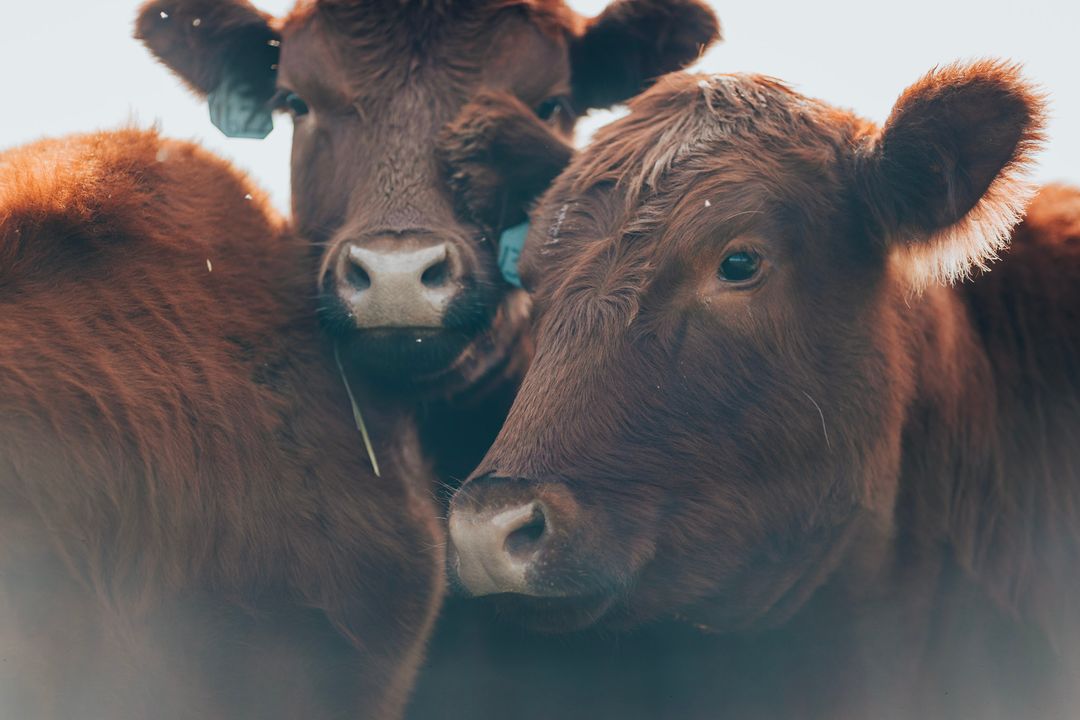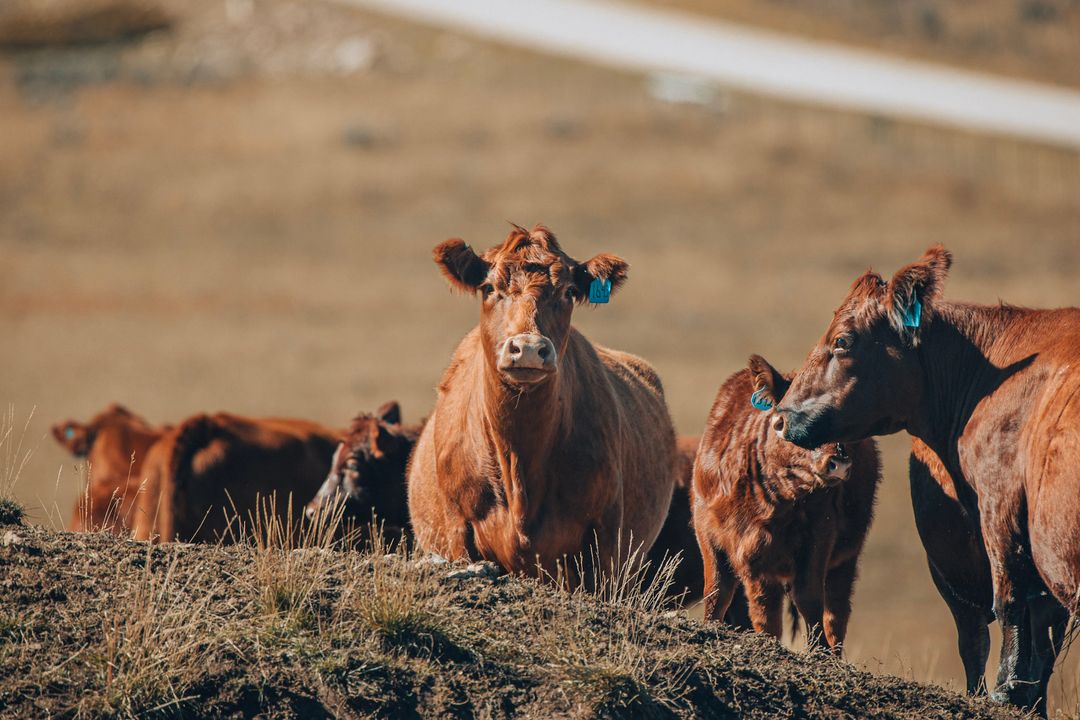
Artesian Wells 101: Understanding How They Work
WHAT IS AN ARTESIAN WELL?
An artesian well taps into a natural underground water source (or aquifer) under pressure, causing the water to flow to the surface without a pump. The water is held in permeable (porous) rocks or soil layers, confined by impermeable (non-porous) layers above and below. When a well is drilled into the confined aquifer, the natural pressure forces the water to rise up and flow out. Artesian wells are commonly used for drinking water, irrigation, and industrial purposes and can provide a reliable water source in areas where surface water is scarce or contaminated.

WHAT ARE THE BENEFITS OF AN ARTESIAN WELL?
Artesian water is considered some of the highest-quality water due to its long accumulation process and natural filtering, making it less susceptible to contamination. In addition, artesian water contains natural minerals like calcium, fluoride, and electrolytes, which provide significant health benefits to humans and animals.
ARE THERE DOWNSIDES TO ARTESIAN WELLS?
While artesian wells have many benefits, there are some downsides. Poor water quality can be an issue if the well isn't properly tested before consumption. The depth of the well, the types of rock, the extraction process, and the construction can all affect water quality. For example, wells with sandstone can have high arsenic levels, which can be harmful to humans and animals. High pressure and consistent water flow can also cause the extraction tube to corrode and contaminate the water. Using a non-corrosive material for the extraction tube and monitoring the water through regular testing can help to avoid this contaminant. Proper screening in the well can also help keep sediment out of the water.


